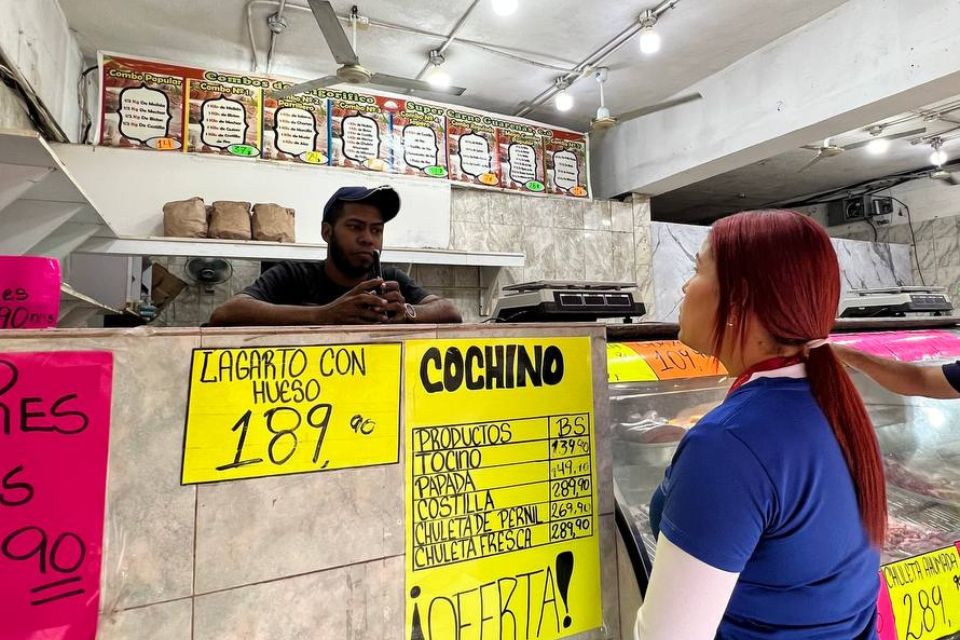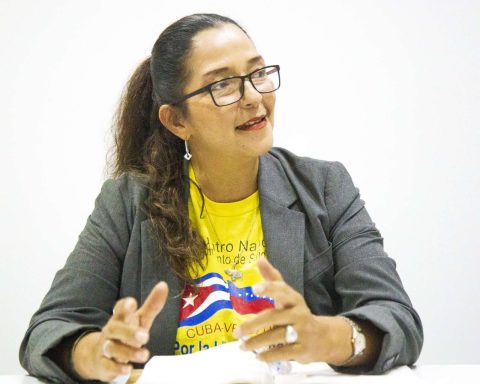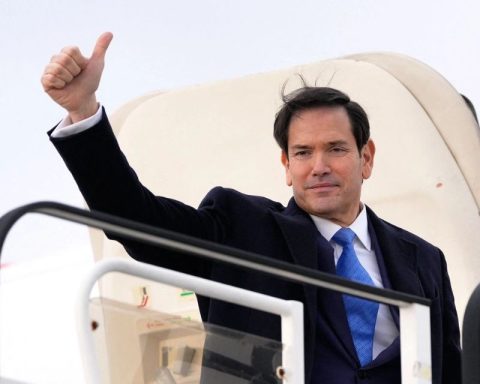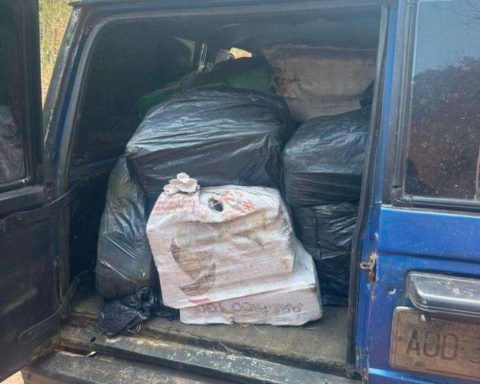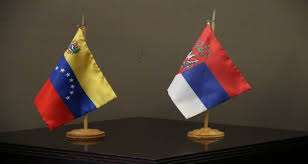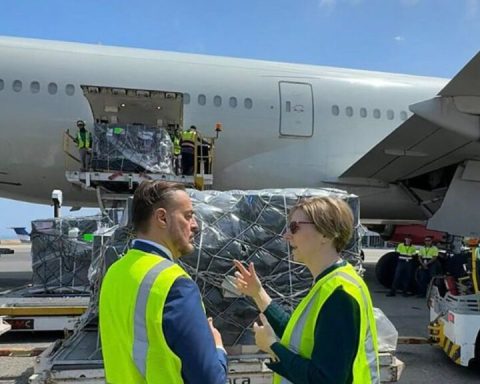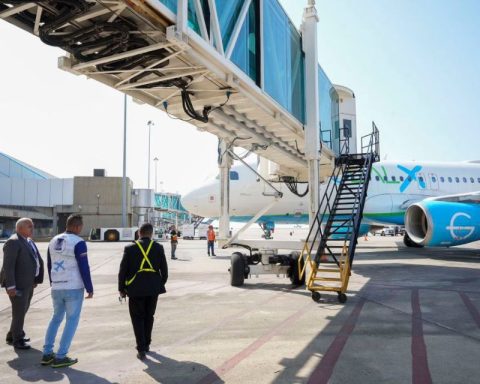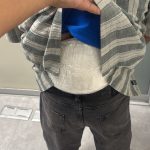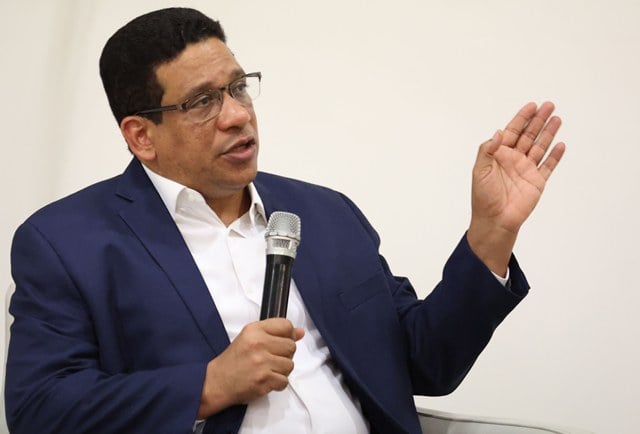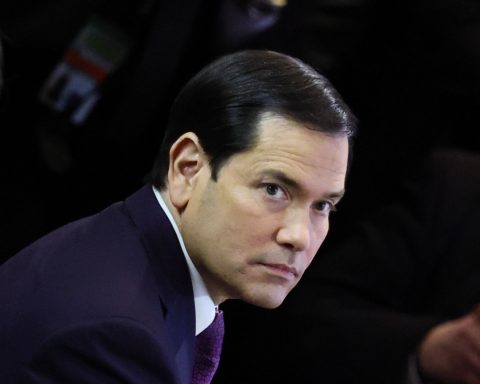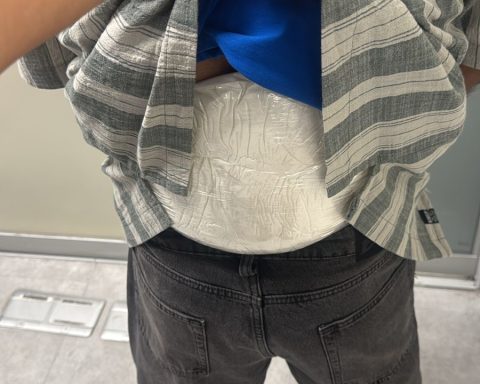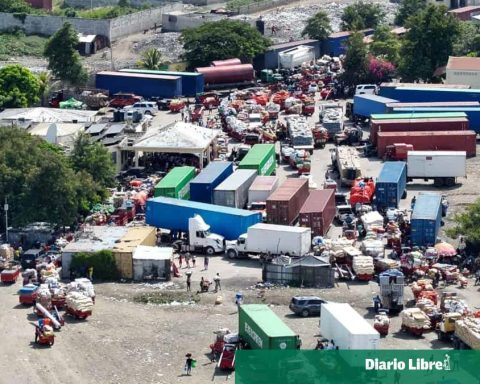Representatives of Consecomercio, including Luicio Covone and Fausto Romeo, pointed out that the exchange gap – which is more than 20% – affects the most vulnerable sectors and revives distortions in the economy. Likewise, they indicated that the fines and closure of businesses affect workers who are left without receiving their salary.
The widening of the gap between the official and parallel markets revives fears in the commercial sector. The situation has worsened in recent weeks and is now around 23%. From the commercial sector they warn that there is no going back and that while rates remained balanced this “solved many problems.”
“Yes, there is fear of going back. There is an exchange gap, that means that the currency is being overvalued, we have experienced that countless times in Venezuela. Recently, when the official rate began to follow the market rate, many problems were solved, the shelves were filled, there were products, there was everything. The economy began to grow. We cannot go back, much less to a preferential dollar,” says Lucio Covone, first vice president of Consecomercio.
The union representative indicated in a press conference held this Wednesday, October 23, with the different chambers, that the economy cannot return to the old measures, in that sense, he said “We cannot return to that to these products we are going to give you cheap dollars, which are subsidies and what generates greater distortions in the economy and in the end generates poverty.”
*Read also: Venacor reports 30% growth in the refrigeration and air conditioning sector
Fausto Romeo, sector coordinator of Consecomercio, advocated for conditions that allow entrepreneurs to continue working. “We have to sit down and look for satisfactory measures, that 20% exchange rate differential is being suffered by the vulnerable sectors of the country,” he expressed.
Fausto Romeo, coordinator of Consecomercio, at a press conference this #23Oct – Photo: Consecomercio
Lucio Covone pointed out that Consecomercio is in favor of the market economy and that the healthiest thing is for prices to be free. “If there is a product that people are looking for and the price rises because there is not enough of it and through State coercion those prices are lowered, what will happen is that there will not be that product or it will continue to be in short supply. If prices are free, what happens is that people enter the market to produce that good or service,” he exemplified.
The National Superintendency for the Defense of Socioeconomic Rights (Sundde) has maintained the appellants visits to businesses to verify that they comply with the publication of the official rate of the Central Bank of Venezuela (BCV), which is the reference rate for establishments.
Regarding whether businesses can take the value of the euro as a reference in transactions, Fausto Romeo indicated that a coin of any value can be used for collection. “It is legal to use the euro as a reference,” he noted.. Likewise, he added that They are constantly talking to the Ministry of Commerce about fines and closures of different businesses and companies, “What this does is harm, by closing a business for 15 or 20 days it affects those workers who cannot receive their salary, but also cannot generate profits and therefore cannot pay taxes.
Seven proposals to improve the economy
Consecomercio discussed with its sector representatives a proposal that will benefit the economy and that they plan to present on November 26, during the next board of directors held by the institution.
Among those are: a market economy, the reactivation of bank credit, eradicating inflation, adapting the Labor Law, a national tax plan, adjusting the size of the State and restoring the BCV economy.
Post Views: 93
